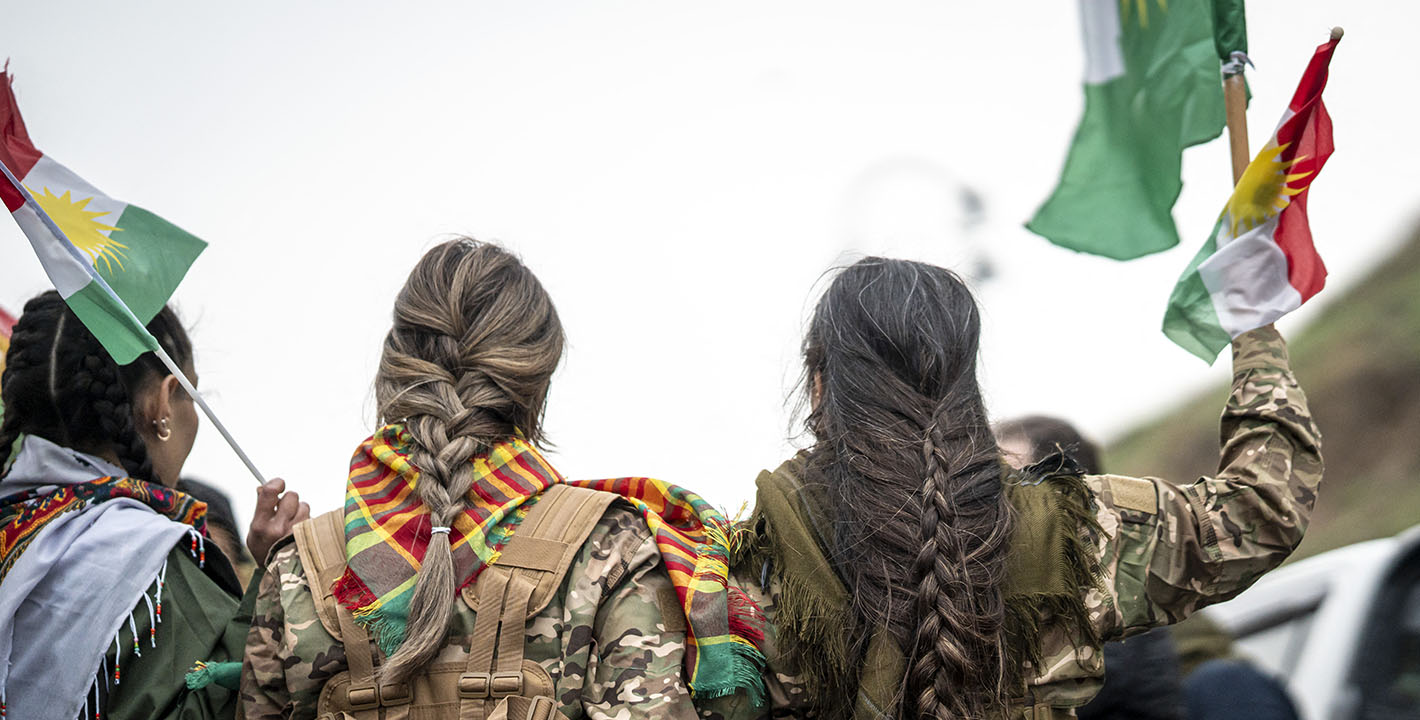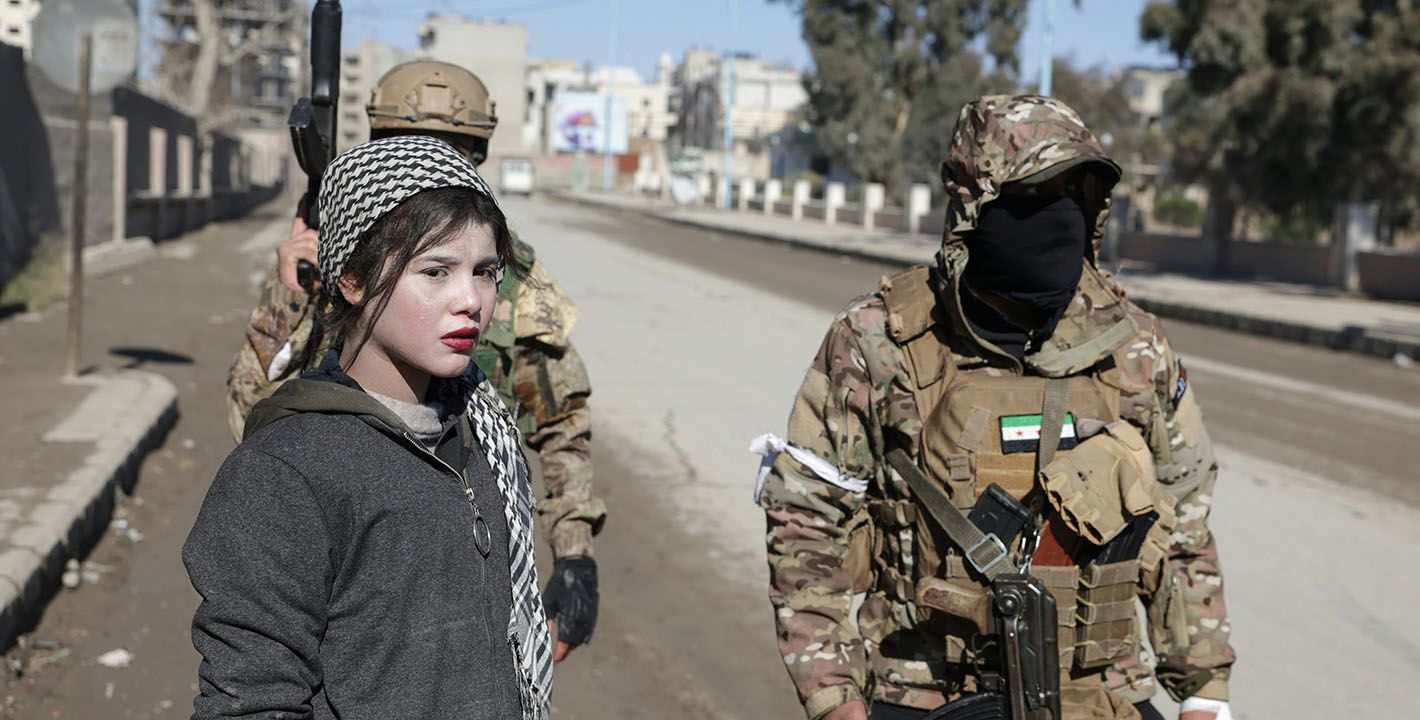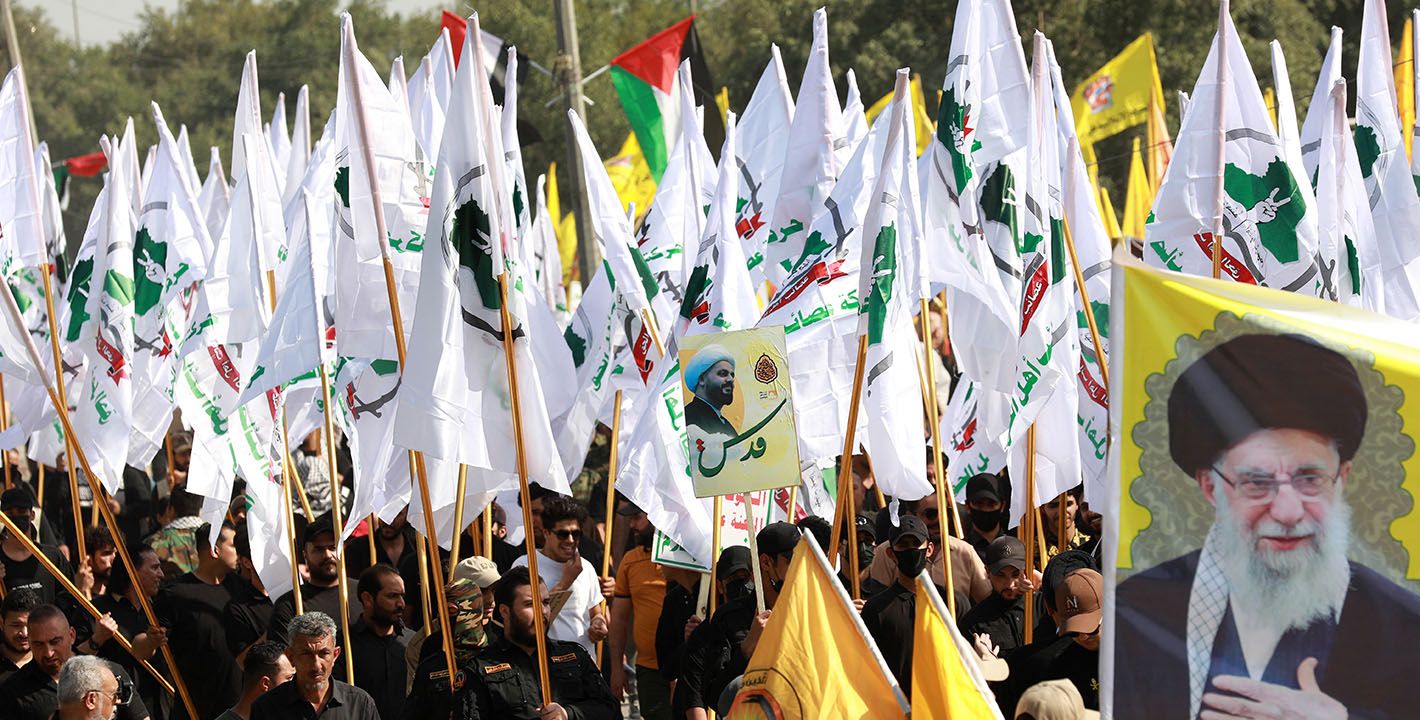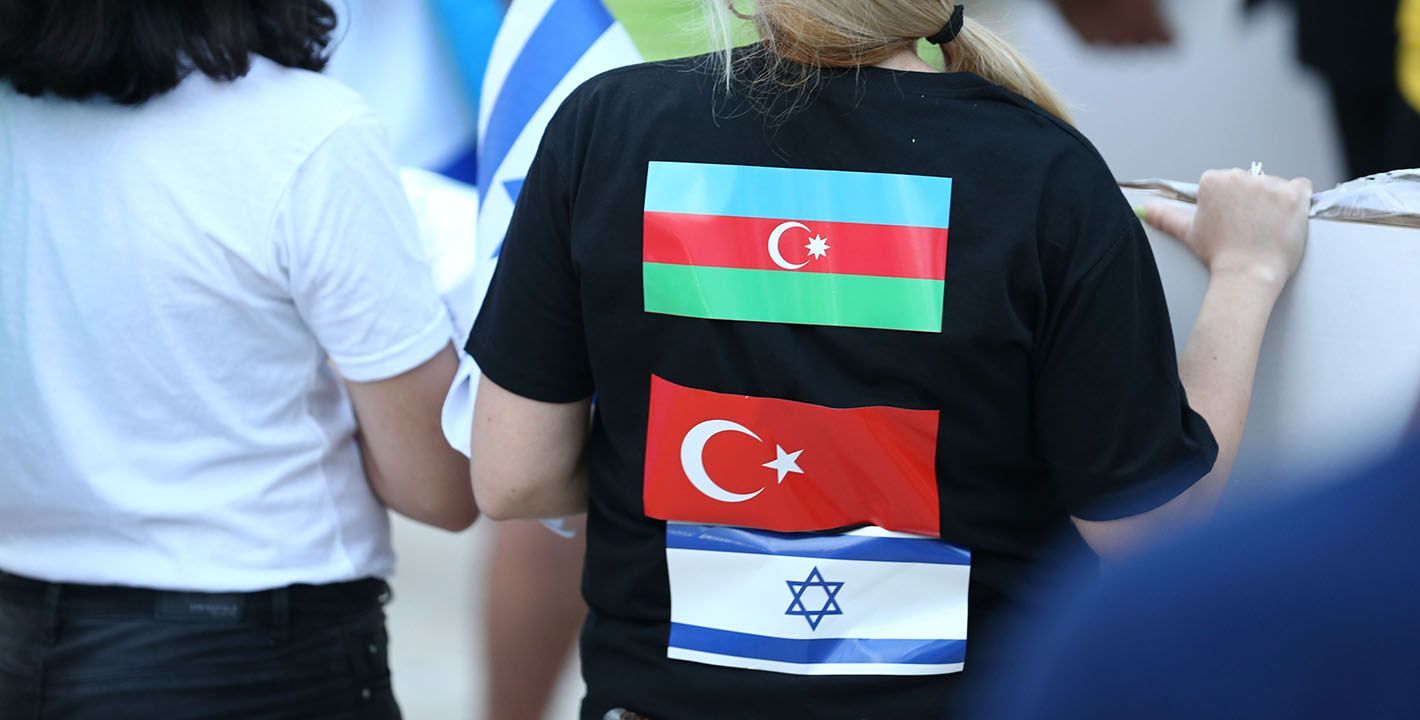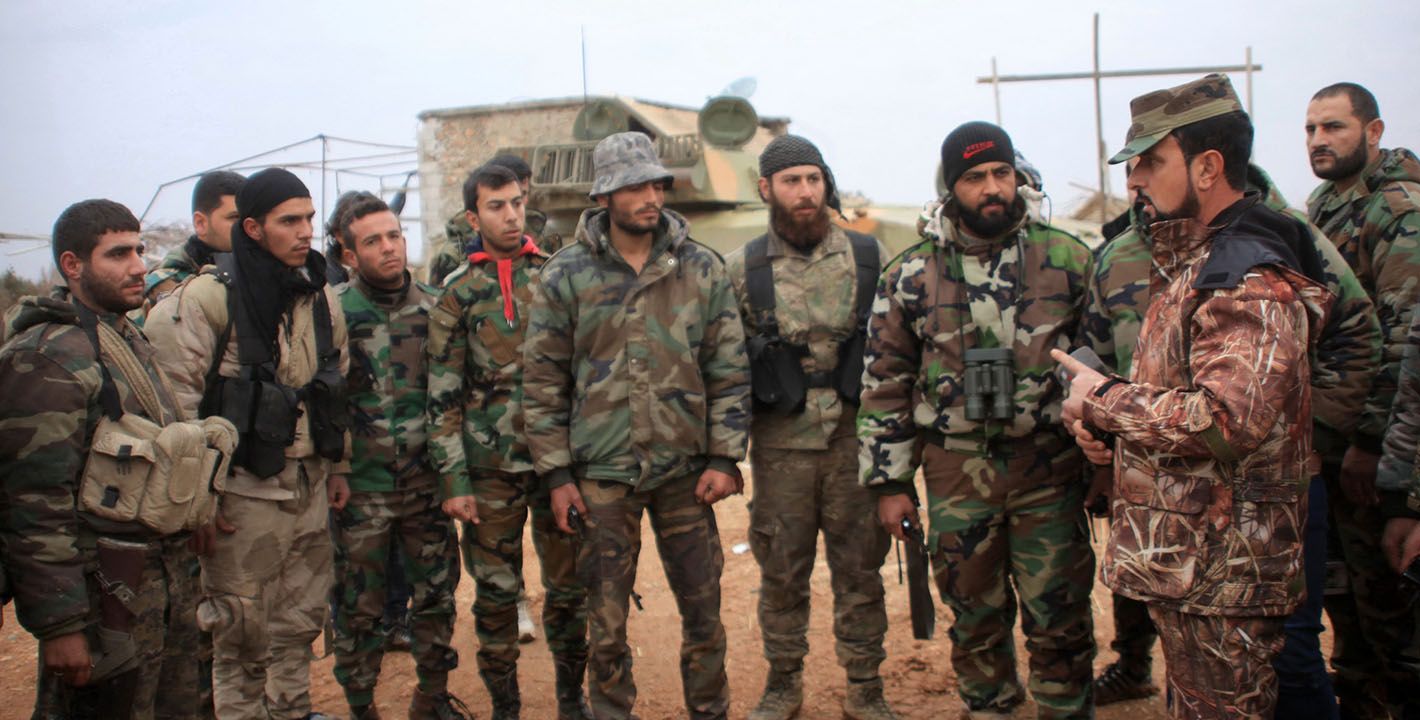Michael Young
{
"authors": [
"Michael Young"
],
"type": "commentary",
"blog": "Diwan",
"centerAffiliationAll": "dc",
"centers": [
"Carnegie Endowment for International Peace",
"Malcolm H. Kerr Carnegie Middle East Center"
],
"collections": [
"Inquiring Minds"
],
"englishNewsletterAll": "menaTransitions",
"nonEnglishNewsletterAll": "",
"primaryCenter": "Malcolm H. Kerr Carnegie Middle East Center",
"programAffiliation": "MEP",
"programs": [
"Middle East"
],
"projects": [],
"regions": [
"Levant",
"Iraq",
"Middle East"
],
"topics": [
"Political Reform"
]
}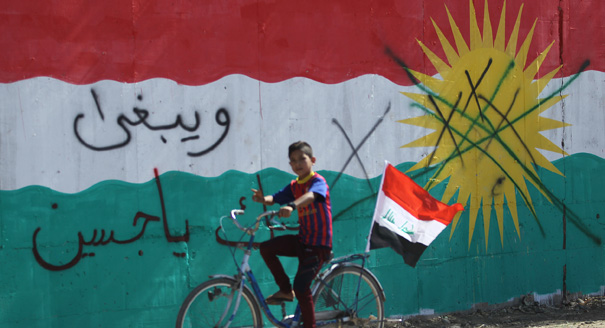
Source: Getty
Did Mas‘oud Barzani Overplay His Hand by Organizing a Kurdish Referendum?
A regular survey of experts on matters relating to Middle Eastern and North African politics and security.
Kamal Chomani | Non-resident fellow at the Tahrir Institute for Middle East Policy, in Washington, D.C.
Yes, Mas‘oud Barzani did overplay his hand, as he and his advisers failed to understand regional and international realities. Barzani overestimated his importance because of the regular visits of world leaders during the conflict against the Islamic State. His local advisers were never brave enough to make him understand what disasters lied ahead. Instead, they urged him to hold the referendum, in order to win advantages from Barzani. International advisers, in turn, pushed for a referendum as they thought it would benefit their businesses in Iraqi Kurdistan.
Barzani also failed to properly measure Kurdish disunity, or see that his four-decade-old rivalry with the Patriotic Union of Kurdistan (PUK) meant the PUK would not support the referendum all the way. He also thought that opposition to the referendum from Gorran and the Kurdistan Islamic Group would only further marginalize them. He was mistaken in assuming that the Kurdish fight against the Islamic State would mean U.S. support, not realizing that U.S. policy in Iraq could not adapt to a move that would break the country up. Indeed, the Americans and many others regarded the referendum as a domestic issue.
Barzani also underestimated the power of the Iraqi Army and the Popular Mobilization Forces, and the regional and international support they have. U.S. weapons and training, as well as Iranian support, meant the Peshmerga were outgunned and outnumbered. In a nutshell, it was a wrong decision by an illegitimate power-hungry president, and it will bring disaster for all.
Denise Natali | Director of the Center for Strategic Research at the Institute for National Strategic Studies of the National Defense University, where she is also a distinguished research fellow
The Iraqi Kurdish referendum for independence was a strategic miscalculation. Instead of burnishing the nationalist credentials of Mas‘oud Barzani, the president of the Kurdistan Region, and strengthening the Kurdistan Regional Government’s (KRG) leverage with Baghdad, it has done just the opposite. The KRG has lost control over significant territories, including Kirkuk and its oil fields, antagonized relations with Baghdad and regional states, increased the influence of Iran and its militias, and further undermined the fragile Kurdish economy. Given the KRG’s reliance on Kirkuk oil for about half of its revenues, this territorial loss will deepen the KRG’s debts and ability to repay international oil companies and oil traders. Moreover, the KRG has squandered international goodwill. Barzani ignored numerous warnings by the United States, Coalition partners, the Iraqi government, and regional states about the consequences of conducting the referendum, particularly in the disputed territories.
As a result, the Kurdistan Region now has to negotiate with Baghdad from a position of significant weakness. While some Kurdish leaders have recognized the referendum publicly as a “colossal mistake” and are calling to negotiate with Baghdad, some factions within Barzani’s Kurdistan Democratic Party are continuing to play the victim card. Many are blaming the United States for betraying the Kurds and framing the loss of Kirkuk as a military attack influenced by Iran and its militias.
James Durso | Managing director of Corsair LLC, professional staff member in the 2005 Defense Base Closure and Realignment Commission and the Commission on Wartime Contracting in Iraq and Afghanistan
In calling for a referendum, Mas‘oud Barzani misjudged the United States. The Americans always support “independence” in the abstract, but not in this case. Barzani should have asked: “How much is America willing to pay for Kurdish independence?” Answer: We paid with 5,000 dead soldiers and $2 trillion dollars.
Barzani failed to recognize that America, a great power, occasionally acts like one. It acted like one when it put the Kurds under the protection of the no-fly zone after the Gulf war of 1991; when it led the coalition that ejected Saddam Hussein; when the Coalition Provisional Authority wrote the Transitional Administrative Law, the foundation of Iraq’s 2005 constitution, which guaranteed the Kurds a measure of autonomy and share of the oil revenue; and when it sent troops to help Iraq fight the Islamic State.
Barzani enjoyed all the “give”, but forgot there’s always a “take.” He thought it was about him.
Iraq has troubled institutions, but real democracy is taking root. However, Kurdistan is also two years overdue for an election. Even Syrian President Bashar al-Assad remembers to schedule elections! Barzani should listen to his fellow Kurds who counseled caution, and the Iraqis and Americans who want a unified Iraq. His poor judgement put the Kurds in a weaker position, so he must play smarter.
Hisham Melhem | Columnist for the Lebanese daily Al-Nahar, non-resident fellow at the Arab Gulf States Institute in Washington
The answer is a resounding if foreboding “yes.” What makes this colossal miscalculation so consequential is that it will derail the train of Kurdish independence which left Baghdad Central years ago on its slow, rickety tracks to Erbil. The questions were always how, when, and in what shape the train would reach its final destination. The referendum debacle can only make the journey more treacherous.
Barzani, who believed himself, because of history and lineage, to be the right train engineer to deliver his people to independence, is not likely to have that chance again. It is astounding that he pushed for the referendum before settling the “legitimacy” cloud hovering over his head as a president whose term had expired. Not to secure Kurdish unity and America’s blessing was a tragic dereliction of duty. That mistake, however, did not justify America’s inflammatory reaction, which provided the cover for Tehran, Baghdad, and Ankara to once again deny Kurdish dreams of independence.
It was clear that the Kurdish house had no roof to absorb the inevitable storm. This structural weakness was the opening that Iran’s powerful viceroy in Baghdad, General Qassem Suleimani, exploited to the hilt, when he pushed Barzani’s rival Bafel Talabani to allow Iraqi government forces and the Popular Mobilization Forces to take Kirkuk. Talabani was made an offer he could not refuse.
About the Author

Editor, Diwan, Senior Editor, Malcolm H. Kerr Carnegie Middle East Center
Michael Young is the editor of Diwan and a senior editor at the Malcolm H. Kerr Carnegie Middle East Center.
- Iran and the New Geopolitical MomentCommentary
- A Mechanism of CoercionCommentary
Michael Young
Recent Work
Carnegie does not take institutional positions on public policy issues; the views represented herein are those of the author(s) and do not necessarily reflect the views of Carnegie, its staff, or its trustees.
More Work from Diwan
- Kurdish Nationalism Rears its Head in SyriaCommentary
A recent offensive by Damascus and the Kurds’ abandonment by Arab allies have left a sense of betrayal.
Wladimir van Wilgenburg
- All Eyes on Southern SyriaCommentary
The government’s gains in the northwest will have an echo nationally, but will they alter Israeli calculations?
Armenak Tokmajyan
- The Hezbollah Disarmament Debate Hits IraqCommentary
Beirut and Baghdad are both watching how the other seeks to give the state a monopoly of weapons.
Hasan Hamra
- Iran’s Woes Aren’t Only DomesticCommentary
The country’s leadership is increasingly uneasy about multiple challenges from the Levant to the South Caucasus.
Armenak Tokmajyan
- Is Lebanon Hosting Officers of the Former Assad Regime?Commentary
Recent leaks made public by Al-Jazeera suggest that this is the case, but the story may be more complicated.
Mohamad Fawaz

